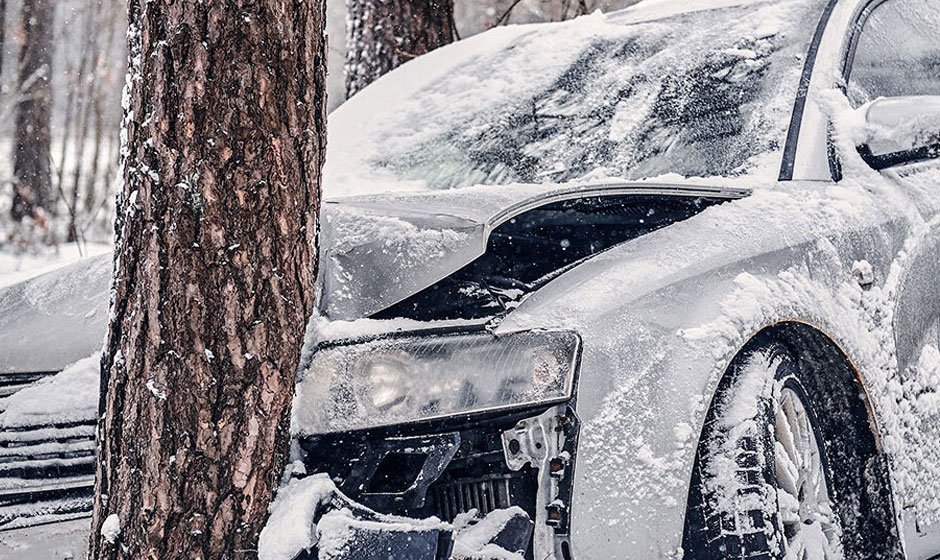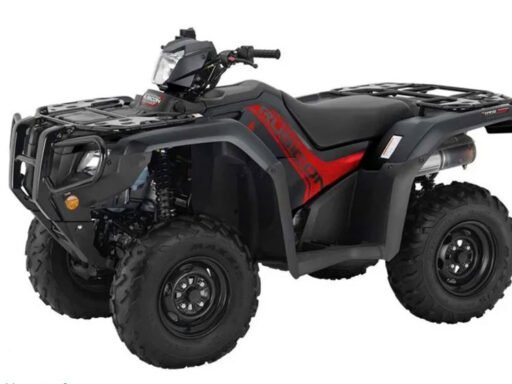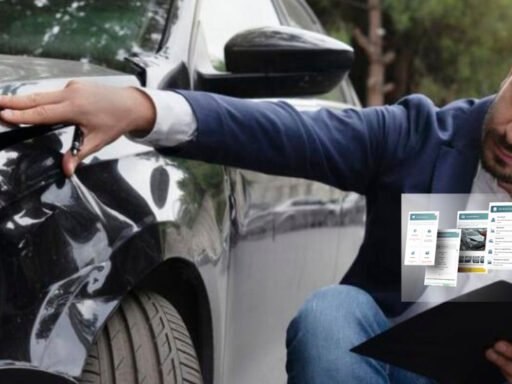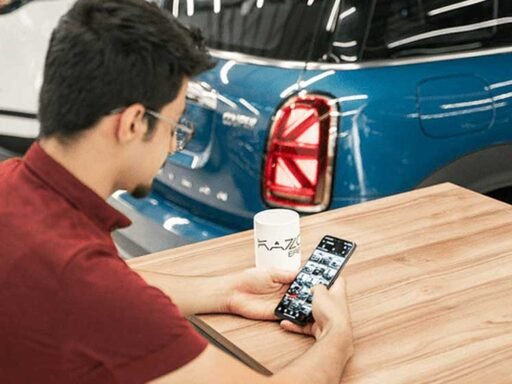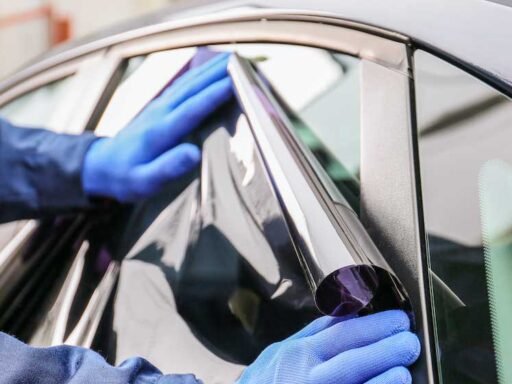Denver’s unique climate and road conditions present several challenges for car owners, from intense sun exposure to frequent hailstorms and winter road salt. These elements can lead to a variety of common car damage issues that, if left unaddressed, may impact your vehicle’s appearance and longevity. Here’s a look at the most frequent types of car damage in Denver and how to manage them effectively.
Road Debris and Rock Chips
Driving through Denver’s mountain roads or urban construction zones often means exposure to loose gravel and road debris, which can chip paint and crack windshields. Over time, these chips can spread, making the damage more noticeable and exposing your car to potential rust. To prevent this, addressing rock chips quickly with touch-up paint or windshield repair is recommended. Many Denver auto body shops provide specialized services for rock chip repair, helping to keep your car’s paint and glass intact.
Hail Damage
Hailstorms are a regular occurrence in Denver, often leaving vehicles with dents, dings, and occasionally cracked windshields. One of the best solutions for hail damage is paintless dent repair, a method that removes dents without requiring paint or fillers, preserving your car’s original finish. There are plenty of options available; a shop I’ve come to know is StormWise, a reliable auto body shop and expert PDR provider in Denver. They offer quality service that really helps restore cars after a hailstorm.
UV and Sun Damage
Denver’s high altitude means stronger UV exposure, which can lead to faded paint, cracked interiors, and other sun-related wear. UV rays are particularly tough on car exteriors and interiors, causing materials to fade and deteriorate over time. Regularly applying protective wax or opting for a ceramic coating can provide a barrier against sun damage, helping maintain the car’s original color and finish. For interior plastics and upholstery, using sunshades and conditioning products can reduce the impact of Denver’s intense sunlight.
Winter Weather and Road Salt
Winter conditions in Denver bring not only snow and ice but also road salt, which accelerates rust and corrosion, particularly on a vehicle’s undercarriage. Salt residue can lead to rust spots that spread if left untreated, affecting both the appearance and safety of your car. Regularly washing your car in winter, especially the undercarriage, and applying a rust inhibitor can help prevent salt-related corrosion. For any rust that has already developed, professional rust repair services at auto body shops can treat and restore affected areas.
Conclusion
Denver’s weather and road conditions can be tough on cars, but understanding the common types of damage and addressing them early can help maintain your vehicle’s appearance and value. From hail damage to winter corrosion, knowing where to go for quality repair services and relying on proactive care can make all the difference. With the right resources, you can keep your car looking and performing its best in any Denver season.

